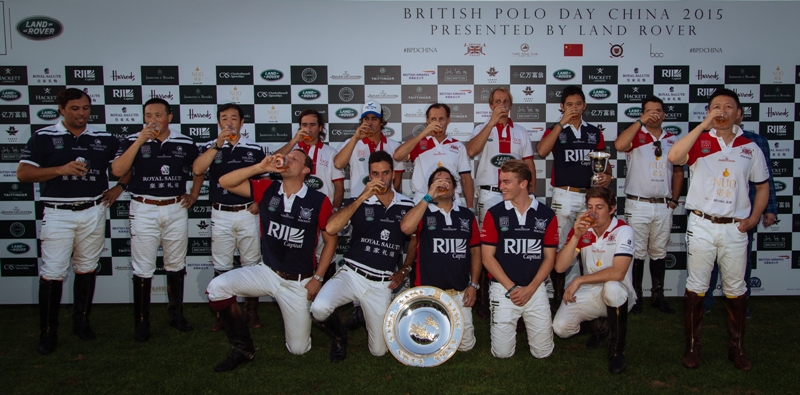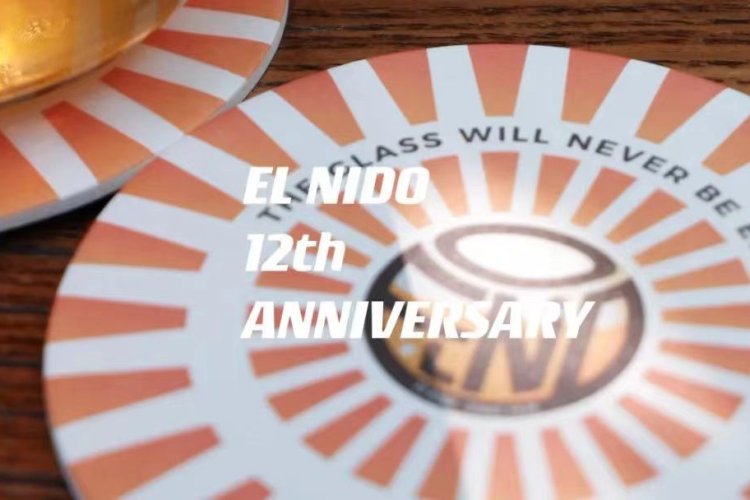Polo Power: Whither the Sport of Kings in China?
Look for that most refined of sports, polo, to return to Beijing with the sixth China edition of British Polo Day to be held at Tang Polo Club on September 3. With polo in mind, we decided to revisit last year's chat with co-founder of British Polo Day Ed Olver, in which he touched on the history of polo, the outlook for equestrian sports in China, and, unexpectedly, polo's geopolitical implications. The below article originally appeared in the October 2015 edition of the Beijinger:
Well-heeled crowds clink Champagne flutes while the NUO Hotel British Exiles/China team compete with the Royal Salute Tang Polo Club team for the Land Rover Tang Dynasty Plate. A commentator announces afternoon tea is now being served.
We could be at any one of the hundreds of time-honored polo clubs scattered across Britain and America. But no, we are in fact at a club on the eastern outskirts of Beijing, under the flight path of Beijing Capital International Airport, attending the fifth edition of British Polo Day in China. Polo as we know it today might have been codified in India by the British in the late 19th century, but China can at least lay claim to a polo-like game dating back to the Tang Dynasty (618-907 CE). The game was reportedly enjoyed by Tang dynasty officials in China, although its earliest roots are thought to have originated in Persia. Tang Polo Club, the host of this year’s British Polo Day for the second year running, is making the most of this heritage, with frescos in the luxury clubhouse depicting Tang dynasty concubines enjoying the sport. Established in 2010, the international-standard club has two outdoor polo fields and a 5,600 square meter indoor arena, set on the banks of the Wenyu River in Tongzhou.
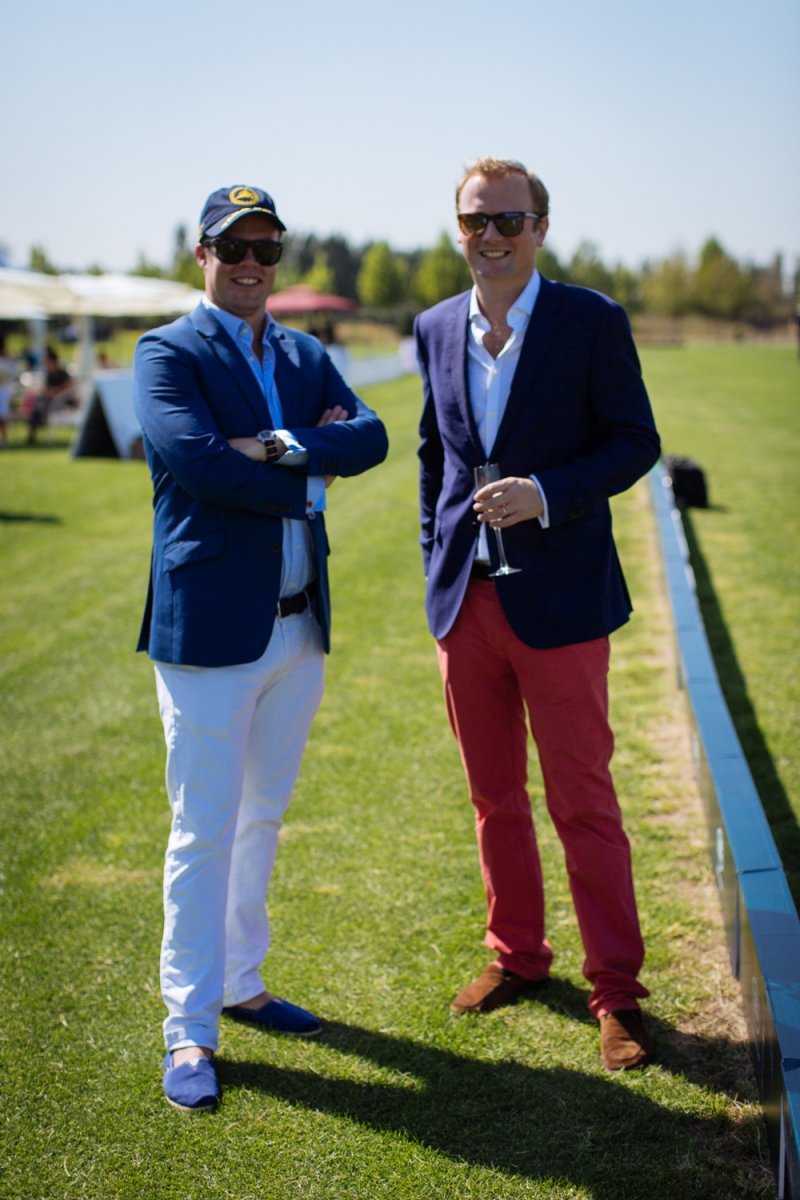
The same heritage that Tang Polo Club is drawing on is key to the promotion of polo on an international level, says British Polo Day’s CEO and Co-Founder, Ed Olver. “The natural evolution of polo has been associated with craft, luxury, and heritage.” Growing up as a British expat in Asia, Olver confesses to having “a very rose-tinted sense of British heritage. I loved all the pageantry of traditional heritage, British identity.” That love of pageantry influenced Olver’s decision to join the Household Cavalry Regiment. “I had this idea of riding down the Mall in full ceremonial gear,” he recalls, laughing. In 2009, Olver took the Household Cavalry Musical Ride to Abu Dhabi for an event and was astonished by the reception he and his team received. It was then that Olver realized the power of what he calls the “international language of the horse.” “It doesn’t matter whether you speak Mandarin, English, Russian or Arabic, if you understand the horse you have a bridging point and you become fraternal across divisive cultural lines,” he goes on to say.
Polo’s heritage also puts it in a unique position to appeal to China’s complex luxury market. At a time when the Chinese government is still in the midst of a crackdown on luxury and extravagant behavior, polo and the brands associated with it perfectly encapsulate the values of “class” and “craftsmanship” that allow China’s super elite consumers to subtly demonstrate their status.
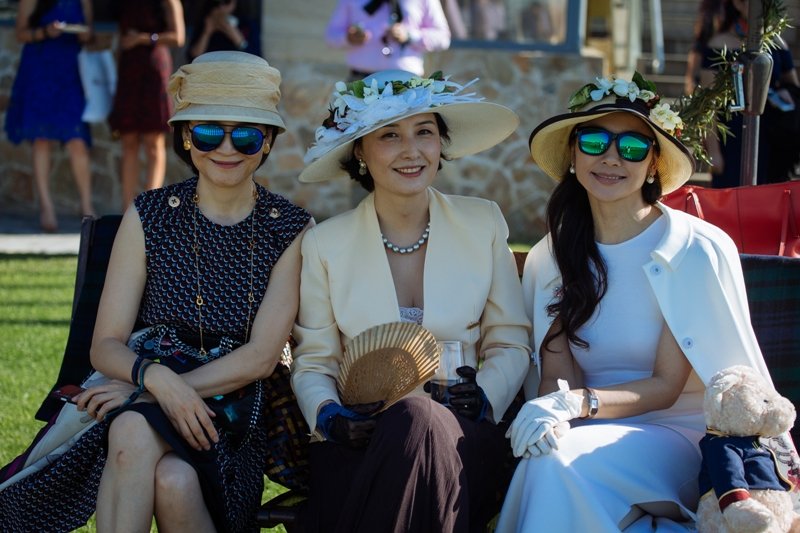
Among the sponsors of this year’s British Polo Day in Beijing were Land Rover; Champagne Taittinger; the Queen’s wine merchants Justerini and Brooks; and Hackett London – brands all looking to appeal to a Chinese market that is keen to avoid the implications of the ostentatious luxury peddled by brands such as Louis Vuitton. While Olver does not deny that British Polo Day has brought high-end British brands a certain degree of commercial success, the heart of the event runs far deeper. When asked about how they are building a future for polo, and equestrian sports in general, in emerging markets like China, he remarks, “I think it’s very important to create a legacy.” The organisation already employs several local staff on the ground in Beijing, and is hoping to work with local figures such as Shilai Liu, China’s number one polo player and owner of the Tang Polo Club, to expand the influence of the sport by offering classes and training. As Liz Flora, Editor-in-Chief of luxury industry website Jing Daily, comments: “Since polo is very training-intensive, there aren’t many highly skilled adult players in China. Most of the polo clubs are working hard to get nouveau riche parents to sign their kids up for lessons in order to make it more popular with the next generation.”
However, with only a couple of polo clubs in the Beijing, including the gargantuan Goldin Metropolitan Polo Club in neighboring Tianjin, polo remains out of reach for the vast majority of Chinese people. Nevertheless, Olver is candid about his hopes for British Polo Day, his message becoming surprisingly geopolitical. “We’re moving towards this Asian paradigm, characterized by key influence. If you look at the demographic now, in Indonesia, in China, in India ... the people in the middle are a tiny community who control everything, after which you have concentric circles of decreasing influence from the center.”
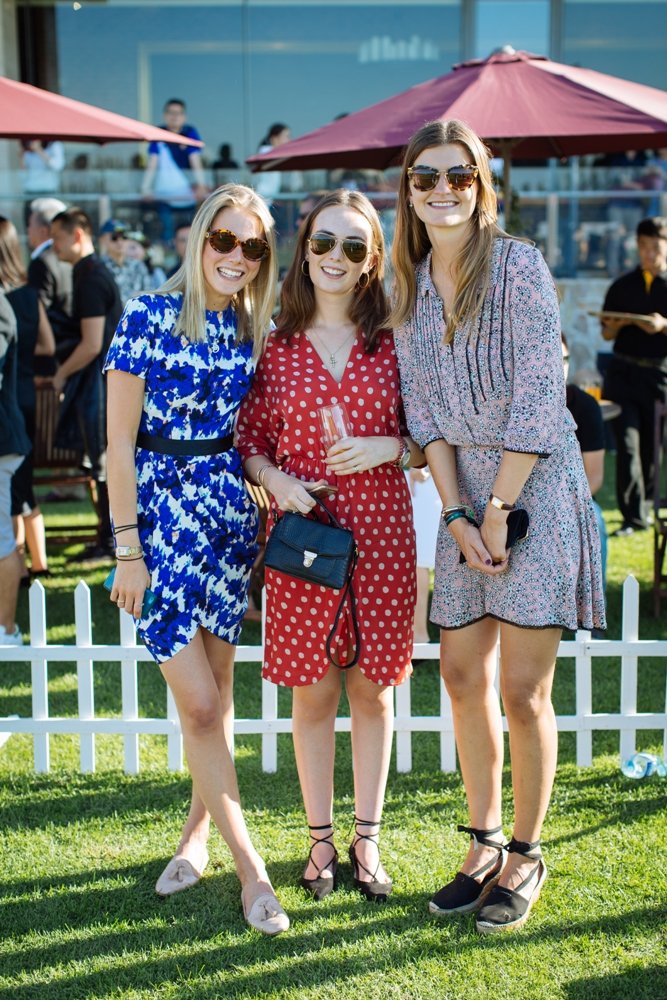
Through British Polo Day, Olver and his team have already built relationships with 12 royal families and 110 billionaires. In Beijing, he hopes to tap into this top rung of society to confront some of the social and environmental issues that frequently occupy headlines about China. “If I want to stop the decimation of African wildlife, I need to know the most influential people in China. One of our agendas is to bring some very high profile Chinese to southern Africa and show them the story of what is happening there as a result of infrastructure development,” Olver comments, drawing on the example of poaching in southern Africa. “My intent is to build the world’s best relationships with the world’s most influential people to be able to create effect.”
Entry to British Polo Day is by application only. To apply for an invitation, contact Molly Hibert on info@britishpoloday.com or +44 207 352 0340 (London-based).
More stories by this author here.
Instagram: @gongbaobeijing
Twitter: @gongbaobeijing
Weibo: @宫保北京
Photos courtesy of British Polo Day, Sam Churchill

